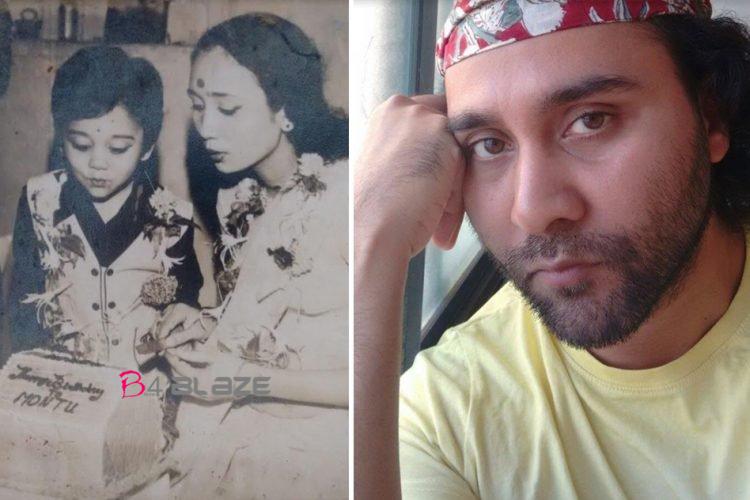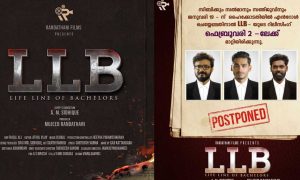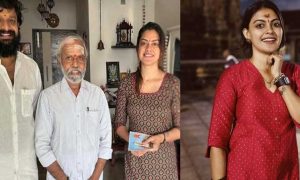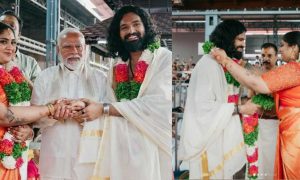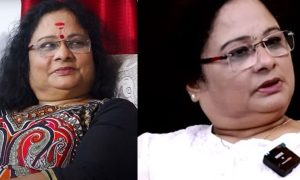“In the 1980s, when the kotha culture was on the decay, I experienced childhood in Congress House, Mumbai, and Bandook Gully, Kolkata, two noteworthy dusk hotspots for men who needed to shower 10 rupee notes on the singing-moving nautch young ladies, or prostitutes.
The women working in these kothas had several appellations such as tawaif, baiji, kothewali, mujrewali, kamanewaali, but r**** was a standard word used to address them collectively. The nautch girls were not sex-workers, but it is tricky for men to distinguish between the two professions because in their eyes women performing mujras are hinting at sexual availability.
When the women sang ‘Salaam-e-ishq meri jaan zara qubool kar lo’, every man sitting in the audience believed it was meant for him and him alone. And that’s when they often overstepped when a courtesan followed it with the second line, ‘Tum hum se pyar karne ki zara si bhool kar lo.’ The women sold ada, but the men were fida over something else entirely.
Another disadvantage of that stigma was that every time I stepped out of the kotha, I would hear someone shouting out ‘R**** ka beta’ to shame me. My mother was sold to a madam in a kotha in Kolkata when she reached puberty. She was a child bride before that, working as a bonded labourer for a family in Agra. She belongs to the Kanjarbhat community from Pune.
To me, my mother’s profession was like a magician’s bravura performance. She wore stunning costumes and she smelled of exotic perfumes. She danced like an acrobat, balancing a half-full bottle of Thumbs-Up on her head, and contorting her body to pick notes with her mouth from the raees (patrons) who insisted on tricks of the trade. She could be equally gracious as a chanteuse, holding a note (a musical one) when she sang popular ghazals. I watched her in awe and imbibed some of her steadfast qualities, though I can hardly match her footwork, or her vocal pitch.
What was difficult to deal with as a child was not her job but the complexities of adjusting to the worlds inside and outside the kotha. Inside the kotha, life was heaven. Outside, hell awaited us.

It took me some getting used to the taunts we were subjected to. When my mother enrolled me in a boarding school in Kurseong, and later in Darjeeling, books helped me cope with the ignominy we faced outside our home.
I immersed myself in my studies, became an autodidact chewing up the school library, and burnished the ambition to become a writer from an early age. I did not have this inclination or intelligence because I wanted to tell my mother’s story. I simply wanted to adopt another language in order to not be influenced by the toxic environment around me back in the kotha where I spent my winter vacations.
Over the years, the cuss words r**** ka beta became ineffective. Education had fortified me to disregard humiliation. Abuse no longer rankled me.
Some of my friends from the kothas and outside feel betrayed that I have recently started talking about my past, and have been sharing my story. They have almost no insight about how it will shape and empower my future.
I work as a journalist, contributing as a freelancer to The Hindu newspaper. I have previously worked in Scroll and Midday. With no training or background in journalism, I have come this far only because my mother had the foresight to educate me. Next month, my first book Lean Days, a travel-fiction roman-a-clef is being published by HarperCollins. I feel now the time is ripe to narrate something worthwhile next – not my, but my mother’s survival story.”

